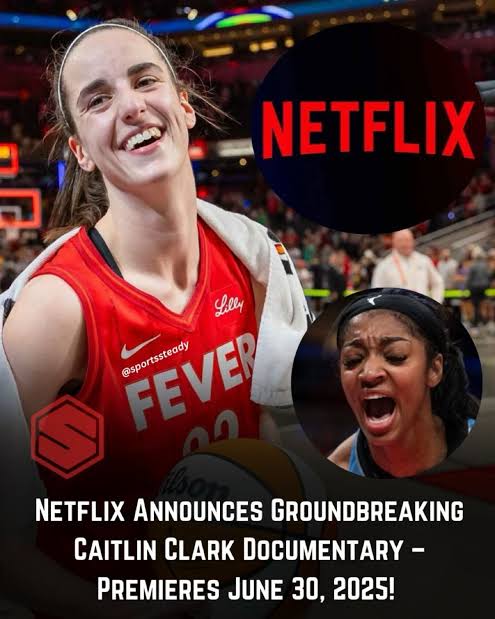Luka Dončić’s cryptic comment following a recent game, “I’m not gonna say anything… but everyone saw the game and know what happened,” speaks volumes without uttering too much. As one of the NBA’s brightest young stars, Dončić is no stranger to the spotlight. His talent and on-court performance consistently place him at the center of attention, but it’s his remarks off the court that often give further insight into his mindset.
The context of his comment seems to revolve around the officiating during that particular game. For any athlete, especially in a league as competitive as the NBA, officiating can become a major point of frustration when decisions are perceived to be unfair or inconsistent. In Dončić’s case, he expressed his displeasure indirectly, which is often a diplomatic way for players to voice concerns without attracting the attention of the league’s disciplinary systems. By not outright criticizing the referees, Dončić cleverly placed the onus on the fans and the public to form their own conclusions. His statement suggests that the outcome or calls made during the game were blatantly questionable, so much so that everyone—players, coaches, and viewers alike—could see what transpired without needing an explanation.
In high-stakes games, where every call can tip the scale between victory and defeat, emotions run high. Officiating errors, or perceived errors, have been a source of intense debate throughout the history of the NBA. Players often find themselves in a difficult position: publicly criticizing the referees can lead to fines or suspension, but staying silent might leave a feeling of injustice lingering. Dončić’s strategy—speaking in a manner that acknowledges the controversy while leaving it open-ended—shows a level of maturity. He has learned how to navigate the complex relationship with officials and the league, making his point without crossing a line.
What stands out in this comment is Dončić’s understanding of the game’s broader context. He knows that his words can have an impact beyond just the locker room. By keeping things vague, he lets the fans and media do the work of drawing attention to the refereeing. His statement carries weight because of who he is—a player known for his competitive spirit, leadership, and basketball IQ.
At the end of the day, Dončić’s comment highlights a common theme in sports: the fine balance between holding officials accountable and respecting the integrity of the game. It serves as a reminder that the human element of officiating is always present and, at times, can be just as scrutinized as the athletes themselves.










